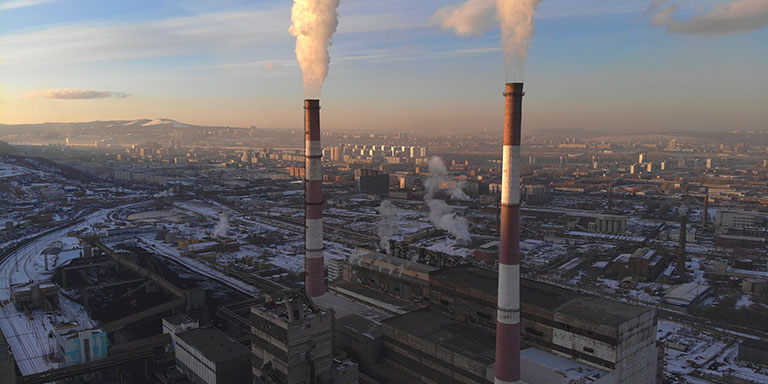The amount of wasted resources generated by manufacturing in the United States leaves ample room for opportunity among sustainability-savvy firms. And service-based firms also face a number of issues related to sustainability. Regardless of a company's industry, its supply chain can have a significant impact on sustainability. As companies work with more international and diverse suppliers, it's crucial to understand the total impact of the end-to-end supply chain.
Contrary to the misconception that sustainability is needlessly expensive, implementing sustainable practices can help a firm recoup money spent in the supply chain. In fact, as government regulations on waste output require firms to evolve their practices, implementing sustainability steps can position your organization ahead of the curve.






